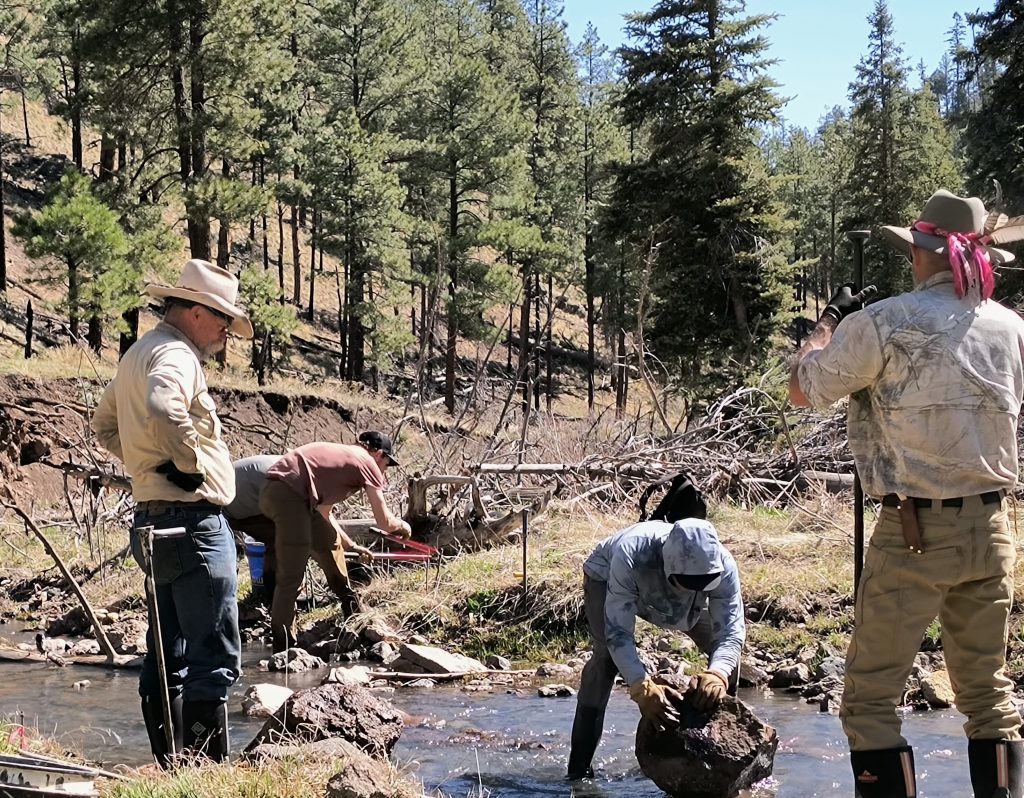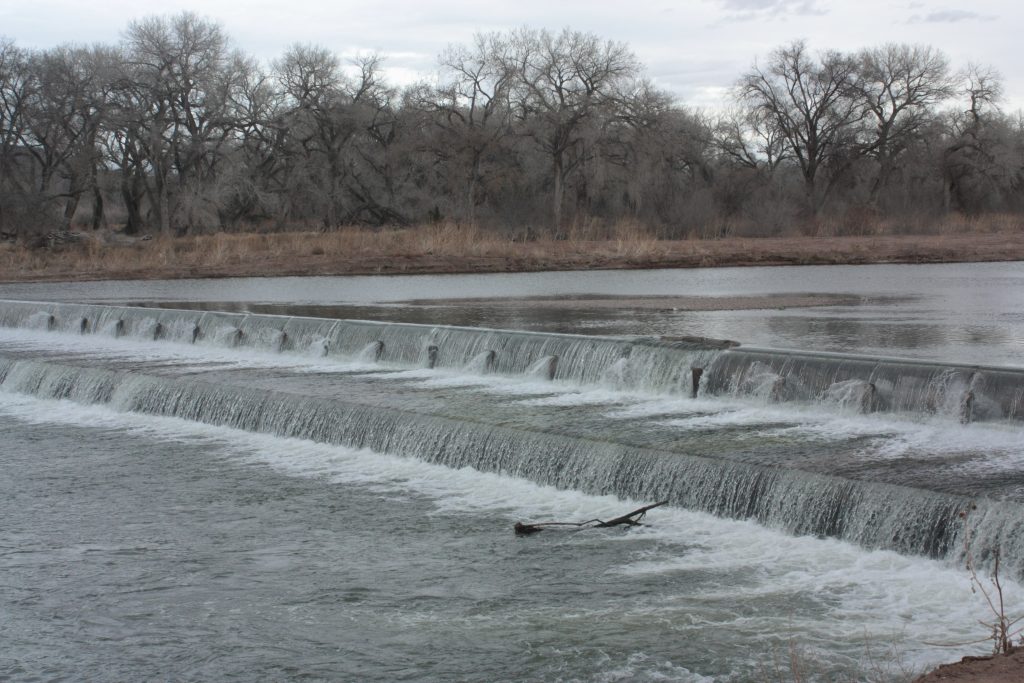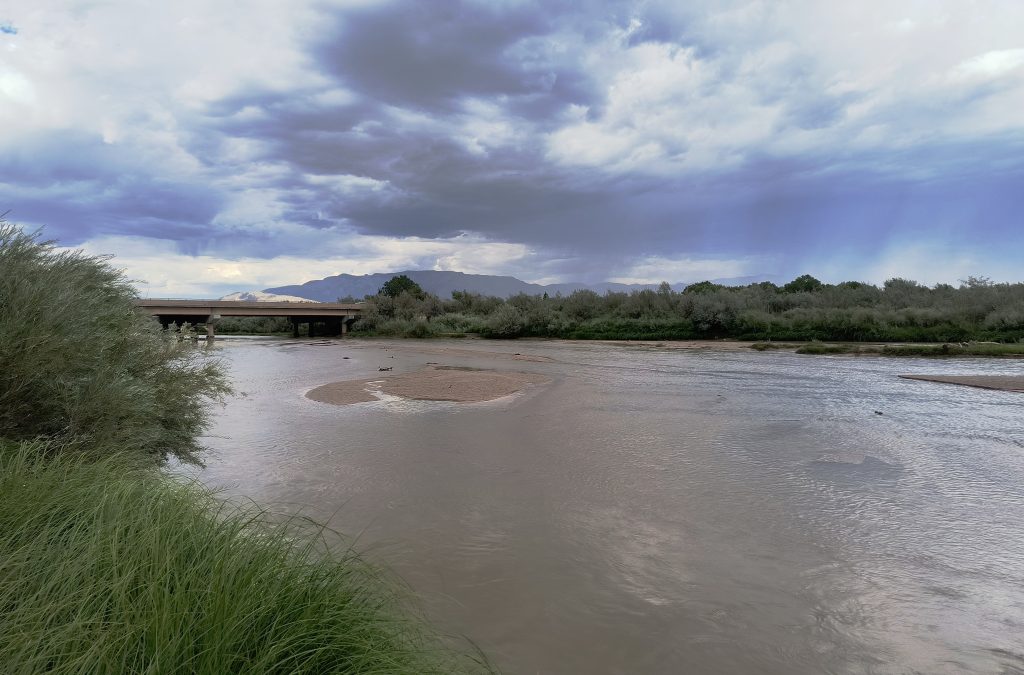The U.S. Fish and Wildlife Service has until August 15 to issue a final listing determination for the Peñasco least chipmunk.
A federal district court judge issued an order on Thursday setting deadlines for the Fish and Wildlife Service to finalize protections for the chipmunk and more than a dozen other species.
This order comes after the Center for Biological Diversity sued the agency arguing that it was failing to meet statutory deadlines when it comes to listing species under the Endangered Species Act.
The lawsuit specifically focused on 15 species, including New Mexico’s Peñasco least chipmunk.
The Center for Biological Diversity sought to get endangered species protections finalized for 10 species, critical habitat designated for three other species and decisions rendered about whether protections are warranted for two other species.
The advocacy group and the Fish and Wildlife Service have reached a stipulated settlement.
“We’re suffering an extinction crisis that threatens to undermine our way of life, so I’m relieved these 15 remarkable species will get the protections they so badly need,” Noah Greenwald, endangered species director at the Center for Biological Diversity, said in a press release. “From burly alligator snapping turtles to cute but ferocious martens, these are some of my favorite species and it would just be so tragically sad if we lost them.”
The Peñasco least chipmunk is only found in the Sacramento and White mountains in southwest New Mexico. In 2021, the Fish and Wildlife Service proposed listing the chipmunk as endangered and designating more than 6,500 acres as critical habitat.
The Fish and Wildlife Service is required by law to issue a decision on listing a species within 12 months of filing a proposed listing.
But, while the Center for Biological Diversity heralded the court order as good news, the organization says Congress needs to increase funding for endangered species protections and the organization alleged that there is a lack of political will at the Fish and Wildlife Service to carry out the regulatory duties under the Endangered Species Act.
“If we’re going to save these 15 irreplaceable species and the rest of the natural world, the Fish and Wildlife Service needs a complete culture shift,” Greenwald said. “The agency’s mantra of working with partners and voluntary conservation is largely a failure that greenwashes industries that provide the barest of crumbs for wildlife habitat. The Service must implement the Endangered Species Act as worded.”





















